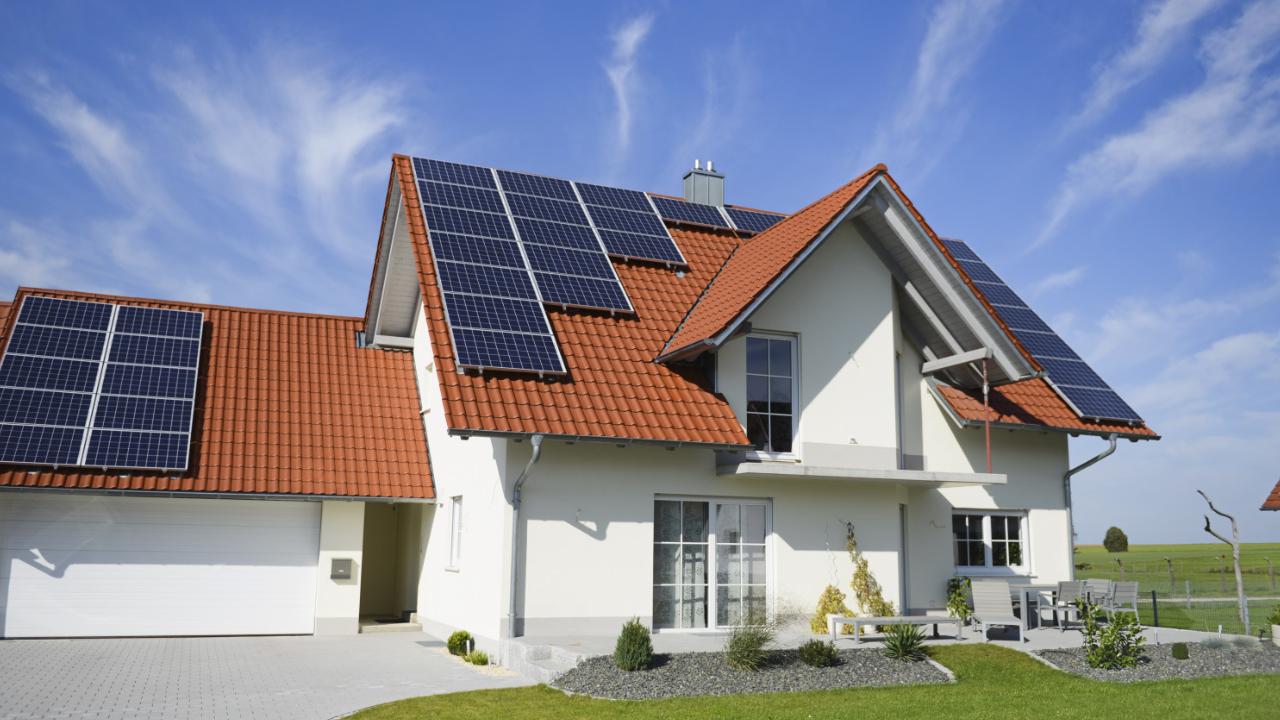Residential solar panels have gained significant popularity in recent years as homeowners increasingly embrace renewable energy solutions. Alongside the environmental benefits and potential cost savings, it is essential to consider how solar panel installations impact the value of a home and its resale potential.
In an era marked by increasing energy demands and the depletion of fossil fuels, the adoption of residential solar panels has gained momentum. By generating their electricity, homeowners can reduce their monthly utility bills, protect themselves from future price fluctuations in energy costs, and potentially earn income through energy surplus.
Is Investing In Solar Panels A Good Decision For Homeowners?
Investing in solar panels for your home can be a wise decision with numerous benefits. First and foremost, solar panels harness the power of the sun to generate clean energy, reducing reliance on traditional fossil fuels. This shift towards renewable energy aligns with the growing global concern for environmental sustainability.
Moreover, solar panels can significantly reduce electricity bills, leading to long-term cost savings. Additionally, many jurisdictions offer tax incentives and rebates to promote the adoption of solar energy, making it an even more attractive investment for homeowners.
The Impact Of Residential Solar Panels On Home Value And Resale
Understanding the impact of residential solar panels on home value and resale is crucial for homeowners considering solar installations. By recognizing the financial, environmental, and market-related advantages, homeowners can make informed decisions.
Energy Cost Savings
Residential solar panels enable homeowners to generate their electricity from renewable sources, reducing reliance on traditional energy networks. This results in large monthly reductions in electricity costs. The ability to reduce utility costs might make a house more appealing to potential purchasers because it provides long-term financial benefits.
Environmental Sustainability
By lowering dependency on fossil fuels, solar-powered homes help to mitigate greenhouse gas emissions and combat climate change. Increasingly, buyers are seeking homes with eco-friendly features, making solar panels a compelling selling point and enhancing the perceived value of a property.
Market Trends
The real estate market has witnessed a growing trend of solar-powered properties. More homeowners are recognizing the benefits of solar energy, leading to increased demand for solar-equipped homes. As solar-powered properties become more prevalent, their presence in the market can positively influence home values and resale potential.
Enhanced Property Valuation
Studies demonstrate that dwelling equipped compared to comparable homes without solar systems, homes with solar panels typically sell for more money. The specific increase in property valuation may vary depending on factors such as the location and market conditions. Solar power systems be viewed as an attractive investment that increases the overall worth of a property.
Marketing And Selling Strategies
Emphasizing energy efficiency and reduced utility costs can attract buyers seeking environmentally conscious and financially advantageous properties. Incorporating solar panel installations into marketing materials and property listings can create a unique selling point that sets a home apart from others in the market.
Appraisals And Valuation Considerations
Appraisals play a crucial role in determining the value of a property. Appraisers need to consider the presence of solar panels and the associated benefits when assessing a home's worth. Educating appraisers about the value and impact of solar panels can ensure a fair evaluation and accurate representation of the property's value.
Future Trends
The future of solar-powered properties in the real estate market looks promising. As renewable energy technologies continue to advance, solar panels are likely to become a standard feature in new home construction. Increasing public awareness of climate change and the benefits of solar energy will further drive demand for solar-equipped homes.
Conclusion
Residential solar game-changer in the pursuit of clean and green power for homes. By harnessing the power of the sun, homeowners can decrease their carbon footprint, generate their own electricity, and save on energy costs. Residential solar panels offer numerous benefits, including energy independence, long-term financial savings, and a positive environmental impact.
With advancements in technology, these panels have become more efficient, affordable, and aesthetically pleasing, making them a viable option for homeowners worldwide.


